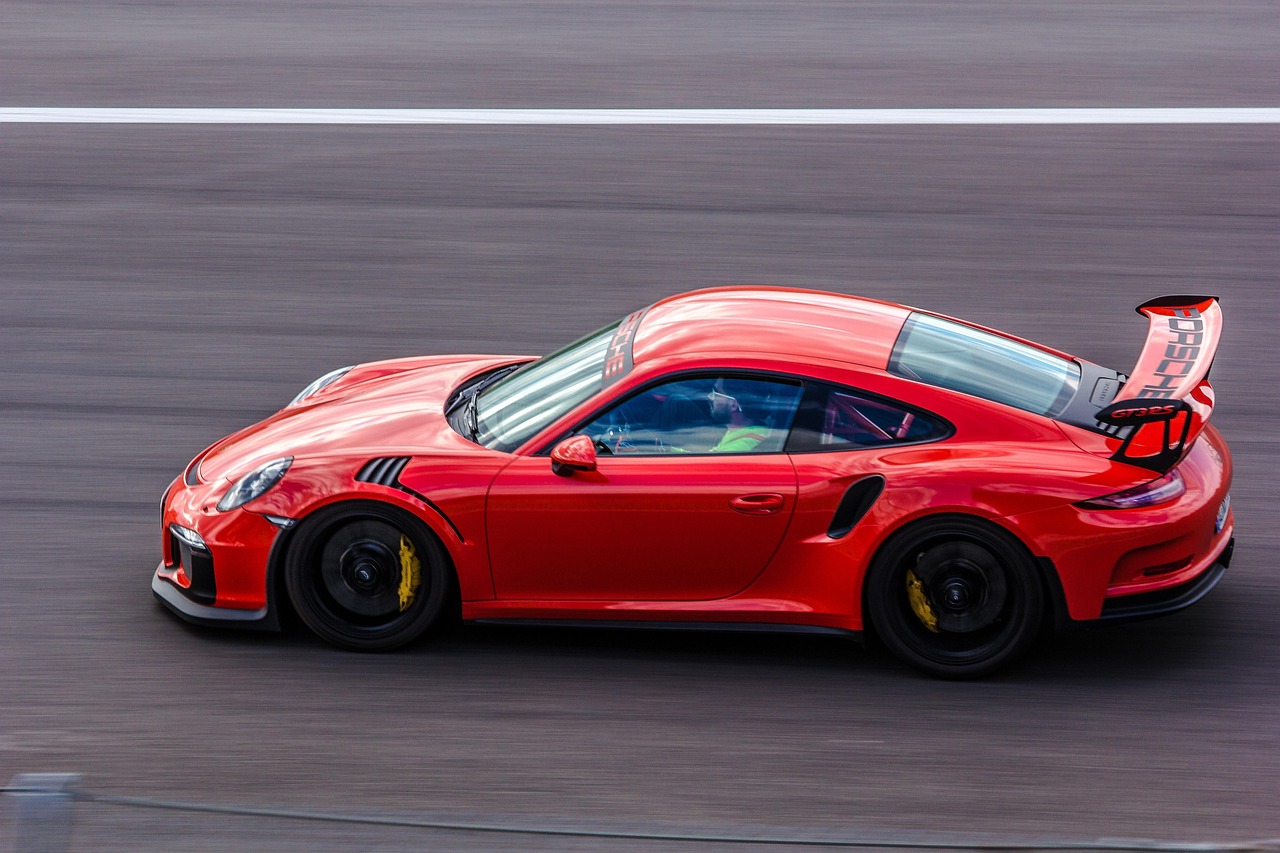Oliver Blume, CEO of Porsche and Volkswagen, has voiced strong concerns about the current U.S. tariff policy, warning that it could jeopardize the company’s entire business strategy in the American market. Speaking at an event hosted by the Stuttgart Chamber of Industry and Commerce, Blume stressed that if the current automotive import tariff rate of 27.5% remains in place, exporting vehicles from Germany to the U.S. would no longer be economically viable.
“If tariffs stay at this level, exporting cars from Germany to the U.S. simply won’t make sense anymore,” Blume stated. “You can develop the best strategies in the world, but they won’t succeed under such conditions.”
He highlighted Volkswagen Group’s deepening involvement in the U.S., pointing to the revival of the historic Scout pickup truck brand and the recent partnership with California-based tech company Rivian. This alliance includes several Volkswagen Group brands, such as Audi, Porsche, Bugatti, Lamborghini, and Bentley.
Volkswagen in Talks With U.S. Government
Blume emphasized that Volkswagen’s growth strategy in the United States hinges on major investments, and the company is leveraging this commitment in its discussions with U.S. officials. “If you invest in a region, it’s reasonable to expect a more favorable customs and tax environment,” Blume explained. “That’s what we’ve proposed to the U.S. government on behalf of the Volkswagen Group, which operates eight brands in the American market.”
He outlined three key considerations he believes should shape U.S. policy toward the automotive sector. First, he argued that local production and export activities, such as those undertaken by Mercedes-Benz and BMW, should be recognized and encouraged. Second, direct investments in the U.S. — which Volkswagen has made on a large scale — should carry significant weight. Finally, he underscored the importance of technological partnerships, like the one Volkswagen has established with Rivian, in promoting innovation and strengthening industrial ties.
Blume’s remarks reflect growing tension between international automakers and U.S. trade policy, particularly as companies seek to balance global strategies with local production incentives. The outcome of these discussions may play a crucial role in shaping the future of European carmakers in one of their most important markets.
